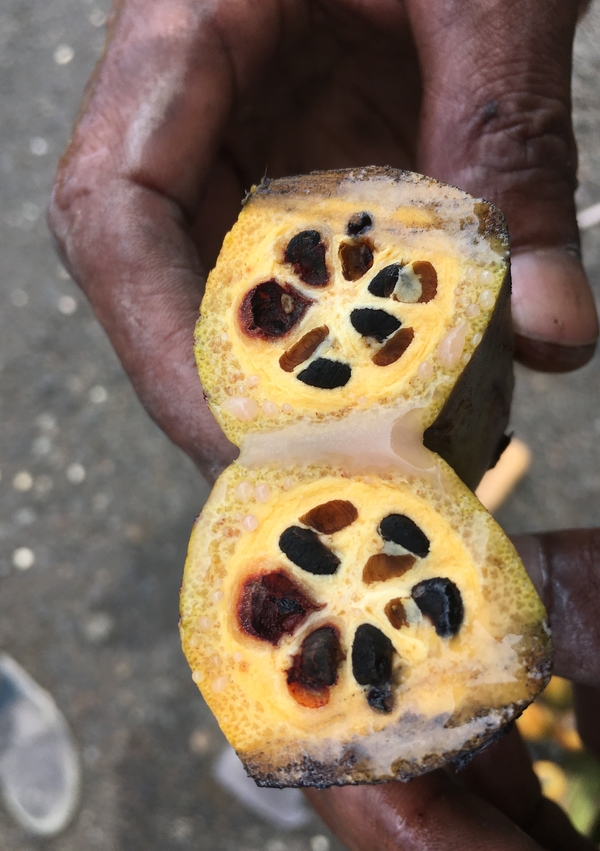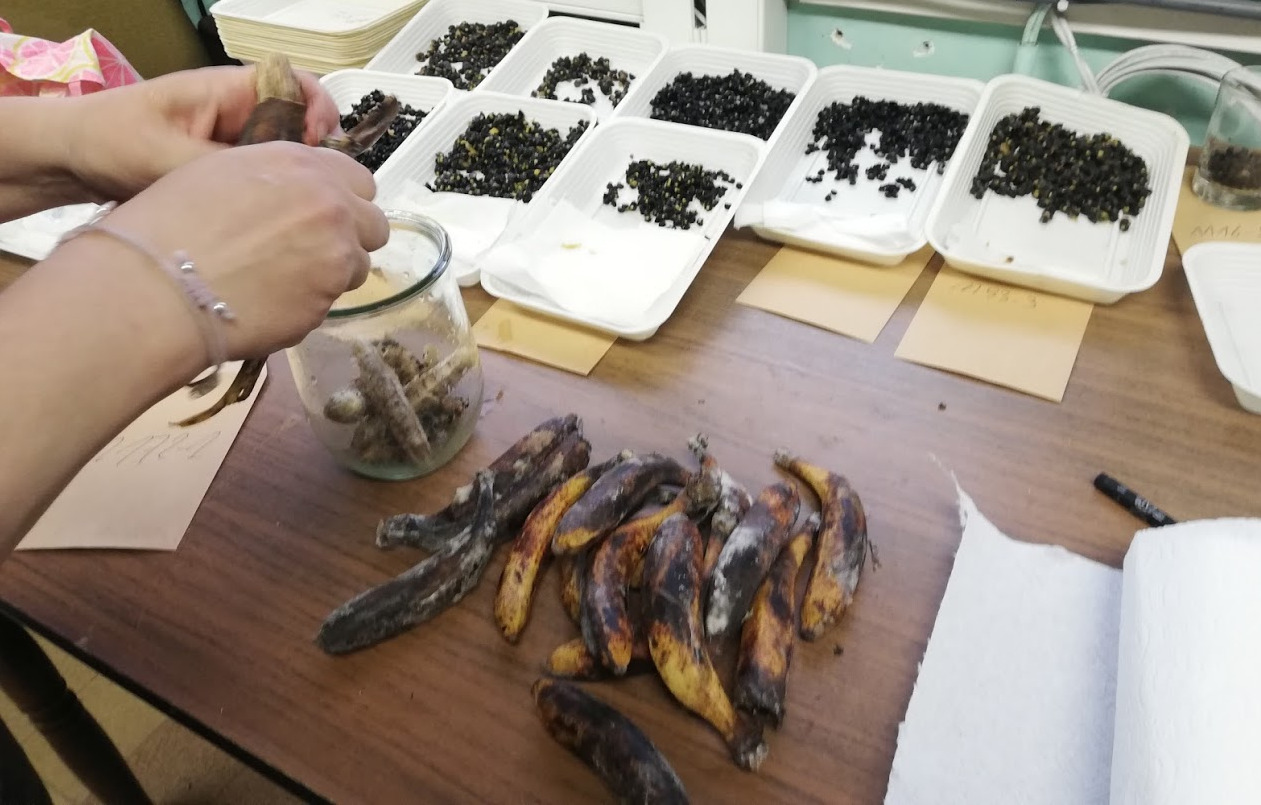[Science news] - Collecting wild banana genetic resources in Papua New Guinea
 In May 2019, a researcher from Meise Botanic Garden joined colleagues from KU Leuven and local researchers in a three-week expedition to Papua New Guinea to find wild bananas (Musa species).
In May 2019, a researcher from Meise Botanic Garden joined colleagues from KU Leuven and local researchers in a three-week expedition to Papua New Guinea to find wild bananas (Musa species).
Bananas are the fourth most important global food commodity. They are grown in over 130 countries in tropical and subtropical regions and are a staple food in many developing countries. Commercial cultivars lack genetic diversity, making them vulnerable. Their wild relatives could have useful genes for disease resistance or surviving tough conditions such as water stress.
There are around 70 species in the genus Musa, but almost all modern edible bananas come from just two wild species. One of these ancestors, Musa acuminata ssp. banksii, grows in the rainforests in Papua New Guinea.
We found seven wild Musa species on the island, in 31 populations. From each population we collected fruits, and leaf specimens for studying genetic diversity.
 We sent the fruits back to Meise Botanic Garden, where the seeds were removed, cleaned meticulously and dried to about 8% moisture. When dry, we stored the seeds in freezers at ‑20 °C for long term conservation.
We sent the fruits back to Meise Botanic Garden, where the seeds were removed, cleaned meticulously and dried to about 8% moisture. When dry, we stored the seeds in freezers at ‑20 °C for long term conservation.
We currently have almost 70 Musa accessions in the Garden, which makes our collection of wild Musa seeds one of the largest in the world. Identifying and conserving these genetic resources is vital for breeding banana crops that can meet the challenges of global climate change and feeding a continuously growing world population.



